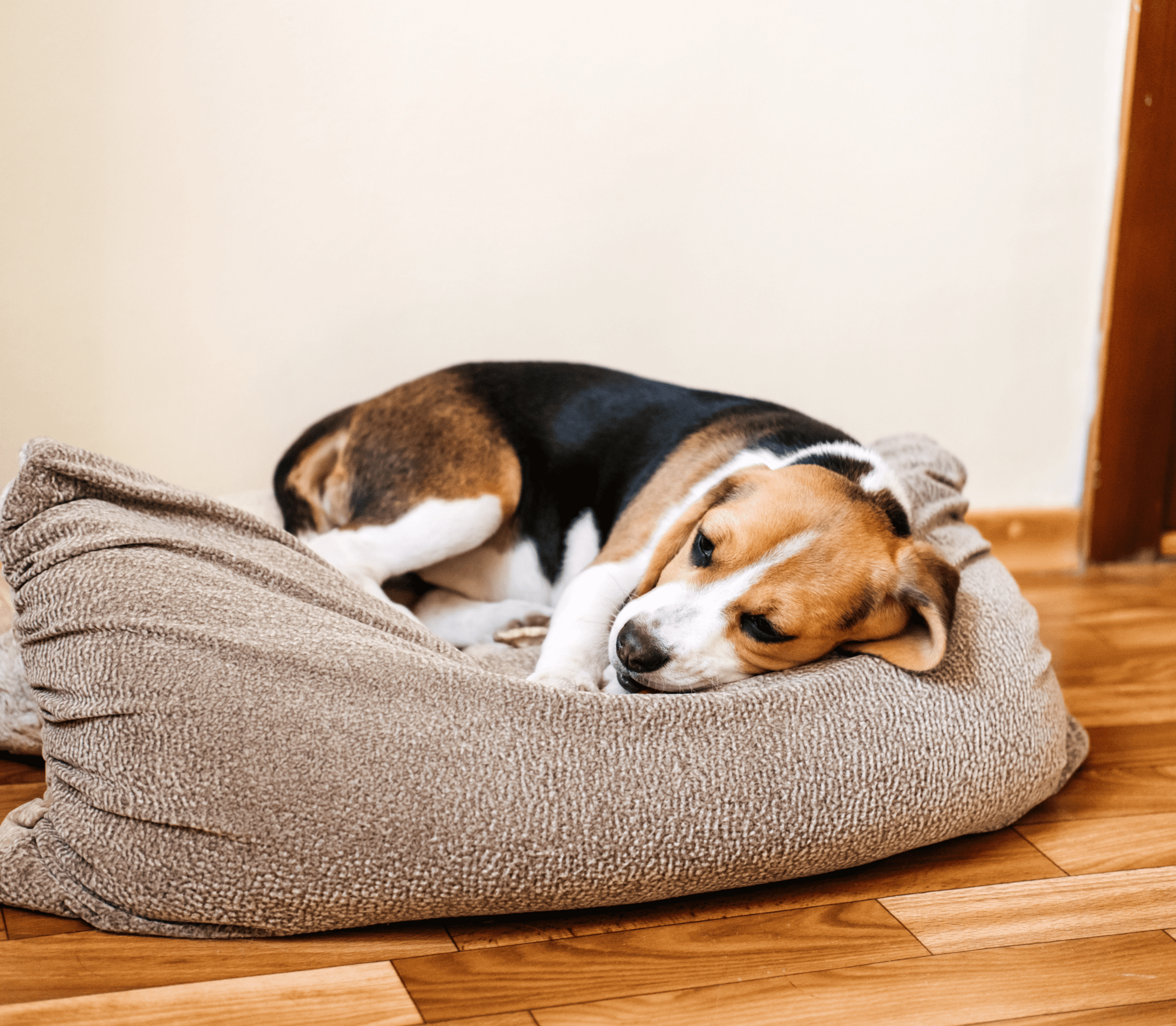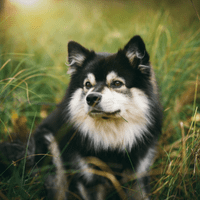Does your cat have long fur? All felines are adorable, but there’s something special about longhaired cats that makes them even more appealing. Fluffy can wear a variety of colors and patterns, but her flowing locks are particularly adorable. Having a cute pet is nice, but you may need to help your furry buddy with her grooming routine. Check out these longhaired cat care suggestions from a local Saginaw, MI veterinarian.
Are Long-Haired Cats Difficult To Care For?
In general, longhaired cats require the same level of care as regular cats. Fluffy’s going to need good food, a clean litter box, a comfortable spot to hang out, and, of course, proper vet care. That should cover the essentials. To truly get that motor going, you should provide some toys, some comfortable lap space, and, of course, plenty of snuggles and chin scratches. Catnip, sunbeams, and boxes will also make your feline overlord happy.
Fluffy might need some additional help with her grooming. As you probably know cats are inherently clean. That’s one of the best things about them! Your cat will pause her busy napping routine to groom herself and keep her fur looking great. Long Haired sometimes have trouble staying on top of their beauty routines. After all, there’s a lot of fur to manage!
There’s no need to go crazy with this. Just be sure you brush your furry pet on a regular basis. This will not only make things easier for Fluffy, but it will also lighten your load a bit, because there will be less cat fur about. Instead, grab that loose fur with a brush before it gets all over your sofa. And your bed. And your clothing.
What Is the Best Way to Groom a Longhaired Cat?
Brushing Fluffy is simple as long as she is willing to cooperate and does not make a fuss. Before you do anything, make sure your pet is comfortable and relaxed. Because cats prefer to slumber, this shouldn’t take long. Once your cat has settled in and thrown herself across your lap, begin caressing her in the direction that her fur grows. Then add the brush.
Believe it or not, many cats enjoy being groomed. It probably brings back memories for Fluffy of when she was a child and her mother would groom her. It is also rather usual for connected kittens to groom one another. This is not limited to cats; horses, primates, and birds also do it. Don’t be startled if your pet starts purring or licks your hand.
Of course, every one of our feline buddies has their own distinct personality. Some cats enjoy being groomed, while others don’t. It is preferable not to push it. If your feline friend will only tolerate a few brush strokes at a time, consider spacing them out. Whatever you do, do not try to hold her down. That will just make her even less willing to be groomed. It’s also a good method to get a few scrapes.
Quick tip: Brush your entire pet, not just her back. Long Haired cats can get tangles in their ‘armpits,’ so your furry buddy may require some extra care in that area.
How Often Should You Groom Your Longhaired Cat?
It depends. If your cat is extremely fluffy, you may need to brush her daily. Brushing more frequently may also be beneficial for older cats, who may require additional assistance. Brushing your cat once or twice a week is usually plenty.
Should I Bathe My Feline Friend?
Fluffy doesn’t have to be bathed. But, if you have a kitten, it might be worthwhile to get your pint-sized pal used to the process. This way, if something gets stuck in her fur, it will be much easier for both of you.
Be careful not to overdo it! Bathing your pet too frequently might remove natural oils from her skin and fur. This may make her coat dry and frizzy. It may also irritate her skin.
Using the correct products and processes is also vital. Get a mild shampoo formulated just for cats. The ones designed for humans are too strong for Fluffy. Avoid hot water and instead opt for lukewarm. Make sure to keep the suds off of your cat’s eyes, ears, nose, and mouth. A pitcher works well for rinsing. Alternatively, you can just use a face cloth to clean your cat’s head.
Avoid bathing a matted cat. That will only exacerbate the situation, particularly with the matting.
What Do I Do If My Cat Gets Matted?
Long-haired cats frequently develop mats. Older cats are more prone to them. There are several causes for this. As your pet ages, she may find it more difficult to bend and stretch enough to clean herself properly. Additionally, senior cats’ skin produces more oil than younger cats. Chubby cats may also have difficulty bending and stretching to access all areas of their body. This could lead to matting as well.
Mats can occasionally signify medical issues. This occurs as cats are older or are not feeling well enough to care after their fur. If your cat has a lot of mats, talk to your Saginaw, MI veterinarian.
If you see a mat on your cat, attempt to gently remove it. Be careful not to pull too hard. Cats’ skin is sensitive and prone to tearing. Give your cat some affection by caressing her and even giving her a treat to make her feel better.
When it comes to the mat, just start from the end. You can use a detangling spray on it, but make sure it is pet-safe. You may also wish to get a special mat-removing comb.
If the mats are particularly bad, they may need to be shaved off. If you have a little mat, you may be able to handle it yourself, but for larger mats, contact your local Saginaw, MI veterinarian or groomer. Just a heads up, you need to be extremely cautious when using cutting mats. It’s really easy to accidentally nick your furry friend!
Do Long Haired Cats Get More Hairballs?
Hairballs are only one of the inconveniences that come with Fluffy’s excellent hygiene habits. Your little diva will undoubtedly swallow some of her own fur while grooming herself. Cats have trouble digesting hairballs. We may skip the details of what happens next; just know that it isn’t the best part of having a cat.
Hairballs are not only unpleasant, but also inconvenient. They can also be hazardous. Kitties can’t always cough them up as easily as they should. If Fluffy’s hairball becomes lodged in her gastrointestinal tract, it can cause a blockage, which can be extremely painful and hazardous.
Grooming long haired cats is also vital for this reason. Don’t forget to monitor your cat’s nutrition and ensure she always has access to fresh water. If your pet has a lot of hairballs, talk to your Saginaw, animal doctor.
What Are Some Of The Long-Haired Cat Breeds?
Did you know the International Cat Association recognizes 73 distinct cat breeds? We believe they’re all quite cute!
Look at some of the fluffiest floofers on the list:
Maine Coon
Norwegian Forest Cat (Birman)
Persian
Himalayan
Siberian
Ragdoll
Turkish Angora Balinese Cat
Turkish Van, British Longhair
Persian Longhair
There are a lot of fluffy cross breed cats out there, as well as some with medium fur. We think they are all adorable!
Schedule A Visit To Our Saginaw, Mi Pet Clinic!
Have questions about caring for a longhaired cat? Contact our Saginaw, MI veterinarian clinic immediately!



